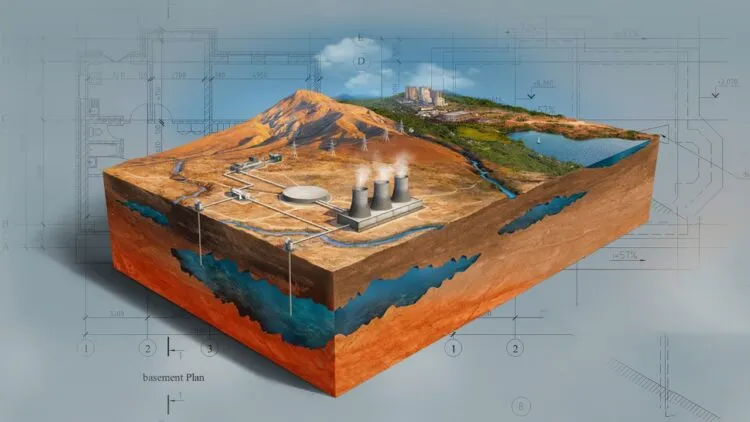Nuclear appears again as a solution in light of the energy crisis and the requirements of climate-related goals. It is receiving renewed interest in many countries, even Japan and Germany, although the ambitions differ among them.
Eleven years after the Fukushima disaster, which led to a halt to reliance on nuclear, this energy has returned to the fore, and industrialists and pro-atom politicians no longer hide their optimism.
And in a gesture of great symbolism, Japan itself intends to launch a workshop to build new stations.
Her government announced Wednesday that it is considering launching in the future the operation of “new generation reactors equipped with new safety mechanisms”, in order to ensure carbon neutrality, but also in view of the sharp rise in electricity and gas prices since the start of the Russian invasion of Ukraine.
Tokyo intends at the present time to restart some sites and extend their validity period, which reflects a radical change in the position of a country that drew less than 4% of its electricity last year from nuclear, compared to 30% before 2011 when it operated 54 reactors.
This project has become possible under the current favorable conditions, at a time when public opinion is expressing fears of an energy crisis and concern about dependence on gas, oil and coal imports.
Other countries also changed their position after they took the path of abandoning nuclear energy, including Belgium, which intends to extend the work of two reactors for a period of ten years.
In Germany, which was supposed to close the last three remaining plants by the end of 2022, a taboo was broken when climate minister Robert Habeck, an environmentalist, announced since February that it might be “appropriate” to postpone
Closure in light of the war in Ukraine and Berlin is waiting to receive new studies on its electrical system in light of the needs of the winter season to make its decision.
However, Gerald Neubauer, an energy expert in the German branch of Greenpeace, said that “the nuclear extension does not constitute a solution to the energy crisis,” stressing that this energy source has limited effectiveness to compensate for Russian gas.
With different views of experts on the issue of nuclear energy compensation, which is witnessing a major crisis, the expert at the Institute for Sustainable Development and International Relations believes that “extending the work of the stations can help.”
He explained that “Europe is in a very difficult situation in terms of energy, with the accumulation of several crises, between the problem of Russian gas supplies and the drought that has limited the capacity of dams and the weak capacity of French nuclear plants. Therefore, all means are important.”
The share of maize has therefore increased in many of the IPCC expert scenarios.
In light of expectations of an increasing dependence on electricity in transportation, industry, construction, and others, several countries have announced efforts to develop their nuclear facilities, led by China, which currently owns the largest number of reactors, as well as Poland, the Czech Republic and India, which intend to reduce their dependence on coal.
France, Britain and even the Netherlands have announced their ambitions in this regard, and in the United States, President Joe Biden’s investment plan encourages this sector.
While nuclear used in 32 countries provides 10% of the world’s electricity generation, in September 2021, for the first time since the Fukushima disaster, the International Atomic Energy Agency raised its expectations to double production capacity by 2050 in the best case.
However, the experts of the international body admit that “the future deployment of nuclear may face the constraints of social preferences”, as this issue divides public opinion due to the risks of catastrophic accidents and the problem of nuclear waste that has not yet been resolved.
Another problem is the issue of the ability to build new reactors whose cost and lead times are under control.
Nicholas Bergmans said, “The construction deadlines are long. We are talking here about medium-term solutions that will not solve the problem of pressure on markets” and that they will be achieved after the year 2035, that is, too late to be able to settle the climate problem that may benefit simultaneously from “industrial dynamism.” for renewable energy.

